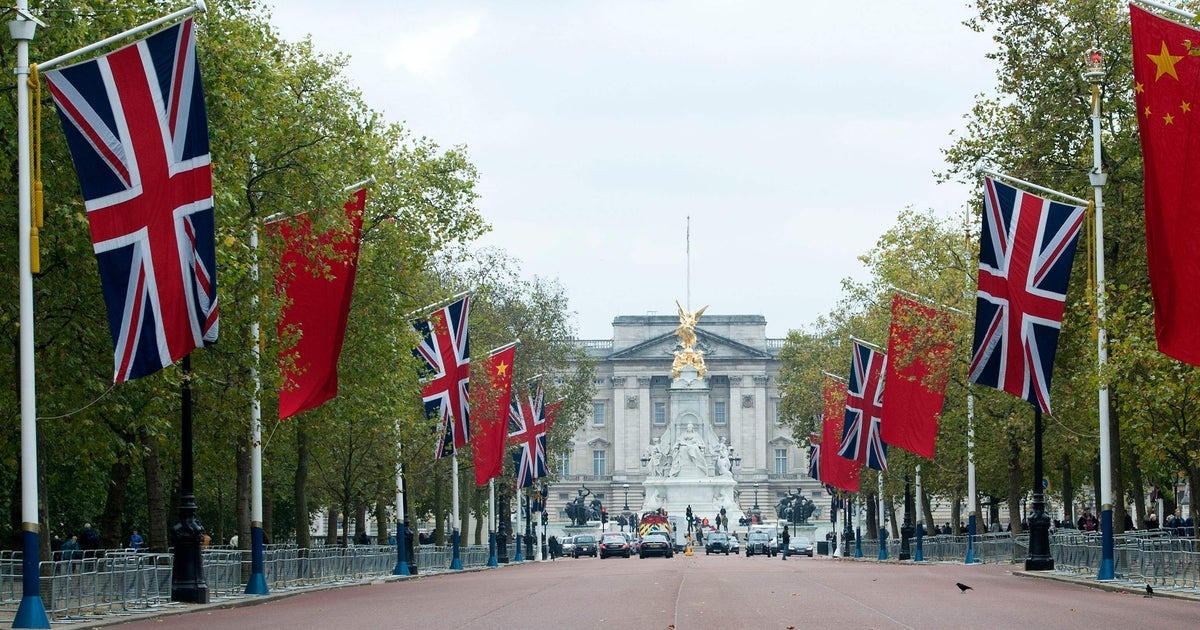London faces a critical challenge as China increasingly targets it for espionage, intellectual property theft, and interference operations. Theresa Villiers, a former Cabinet minister and current Parliament’s Intelligence and Security Committee member, has raised alarms about China’s strategic focus on the UK’s capital.
The city’s rich ecosystem of government departments, leading universities, financial hubs, and corporate headquarters presents a lucrative target for state-sponsored cyber-attacks to gain economic, political, or military leverage.
Villiers, a Conservative MP representing Chipping Barnet, emphasized the urgency for London to recognize and respond to China’s threats. She highlighted the prolific nature of China’s targeting efforts and the necessity for a more resilient stance against such malign activities. The potential for a significant cyber attack to serve as a wake-up call underscores the pressing need for awareness and preparedness.

Alert to Spying (Credits: Al Arabiya)
The sophistication of these operations has evolved, with attackers carefully planning their strategies to remain undetected. The financial sector, including law and audit firms, is particularly vulnerable due to the sensitive nature of the information it handles, such as details on mergers and acquisitions.
These sectors’ high levels of regulation and security make them attractive targets for espionage to gain competitive advantages for China’s state-owned enterprises.
While a strength, London’s role as a global financial center also presents vulnerabilities that could be exploited for nefarious purposes, including fund transfers for influence operations.
The city’s openness and the presence of numerous high-value tech and AI companies, specializing in microchips, rare minerals, and other critical technologies, make it a prime target for intellectual property theft.
The threat extends beyond the corporate world to the heart of the UK’s democratic institutions. Parliament and Whitehall have been identified as key targets, and cybersecurity measures have been ramped up in response. However, the threat remains, particularly to those scrutinizing China’s activities.

Emergency Alert (Credits: The Today Show)
Educational institutions also find themselves at the crossroads of innovation and security. Universities, known for their collaborative and open environments, face balancing academic freedom with the need to protect national security.
The involvement of Chinese academics in research projects raises concerns about the potential for intellectual property theft and espionage, especially given China’s holistic approach to state governance and espionage. Villiers’ call to action extends to the business community and academia, urging a collective effort to bolster cyber defenses and awareness.
The implications of China’s activities are profound, affecting not only economic interests but also the integrity of research and innovation in the UK. As London grapples with these challenges, the need for vigilance and a unified response has never been more critical.























